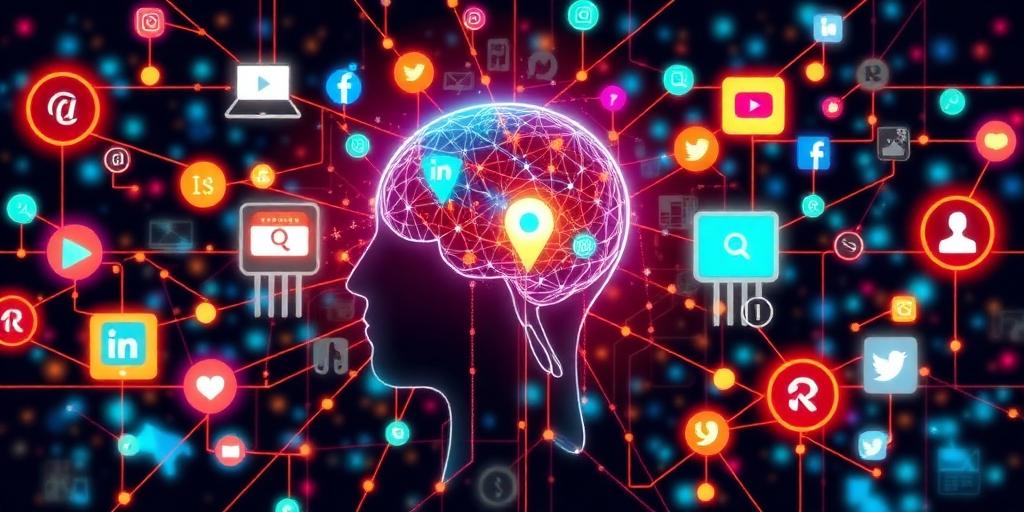The Psychology of Fandom in 2025
Fandom, the intense enthusiasm for a particular person, group, team, fictional universe, or phenomenon, has always been a powerful social and psychological force. In 2025, its dynamics are shaped by technological advancements and evolving social norms. This article explores the key psychological aspects driving modern fandom and examines how these forces manifest in contemporary society.
Core Psychological Drivers
Several core psychological factors contribute to the formation and maintenance of fandom:
- Social Identity: Fandom provides a sense of belonging and shared identity. Individuals align themselves with a group that shares their interests, reinforcing their self-esteem and providing a sense of community.
- Emotional Connection: Fandom objects, whether a musical artist or a sports team, often evoke strong emotional responses. This emotional connection drives engagement and loyalty.
- Escapism: Fandom offers an escape from the mundane or stressful aspects of daily life. Immersing oneself in a fictional world or the activities of a beloved celebrity can provide a temporary refuge.
- Self-Expression: Fandom allows individuals to express their personality and values. Through fan art, fan fiction, cosplay, and online discussions, fans communicate their unique perspective and creativity.
The Impact of Technology
Technology significantly amplifies and alters the dynamics of fandom. Social media platforms, online forums, and streaming services facilitate:
- Global Connectivity: Fans from all over the world can connect, share their passion, and collaborate on fan projects.
- Direct Engagement: Social media allows fans to interact directly with creators, celebrities, and other influential figures, fostering a sense of closeness and influence.
- Content Creation and Distribution: Digital tools enable fans to create and share their own content, expanding the fandom universe and providing new avenues for engagement.
- Algorithmic Amplification: Algorithms on social media platforms can amplify fandom-related content, creating echo chambers and intensifying fan engagement.
The Dark Side of Fandom
While fandom offers many positive social and psychological benefits, it also has a darker side:
- Toxic Fandom: Excessive devotion can lead to aggressive or hostile behavior towards those who express differing opinions or criticisms.
- Cyberbullying: Online anonymity can embolden some fans to engage in cyberbullying and harassment of creators, celebrities, or other fans.
- Obsessive Behavior: For some individuals, fandom can become an all-consuming obsession, negatively impacting their personal and professional lives.
- Misinformation: Fandom communities can be breeding grounds for misinformation and conspiracy theories, particularly when fueled by echo chambers and algorithmic amplification.
The Future of Fandom
In 2025, the psychology of fandom is increasingly intertwined with technology, social trends, and cultural shifts. Understanding these dynamics is crucial for:
- Creators and Brands: To engage with fans authentically and responsibly.
- Social Media Platforms: To mitigate the negative impacts of toxic fandom and misinformation.
- Individuals: To navigate fandom in a healthy and fulfilling way.
As fandom continues to evolve, its psychological underpinnings will remain a significant factor in shaping its trajectory. By understanding these drivers, we can foster healthier, more inclusive, and more rewarding fan experiences.
